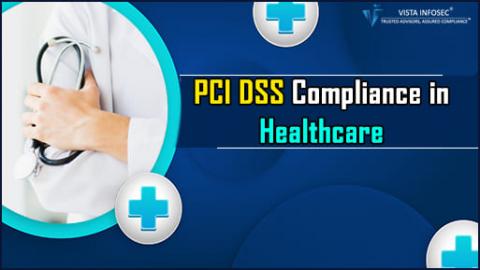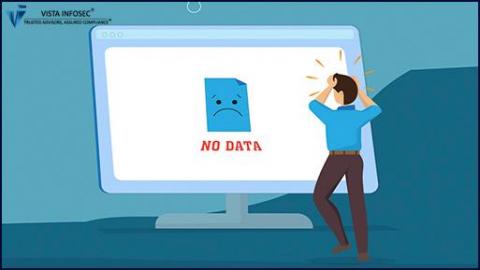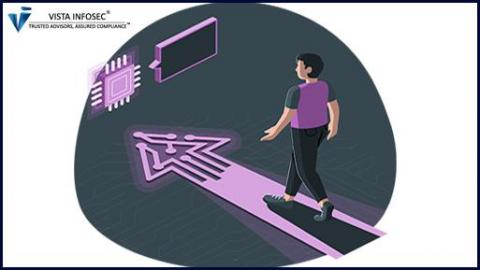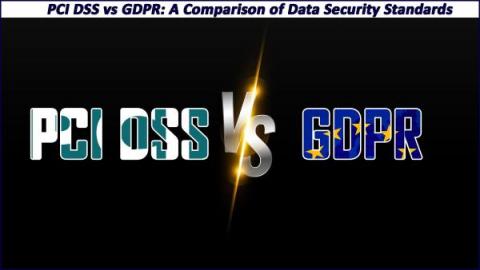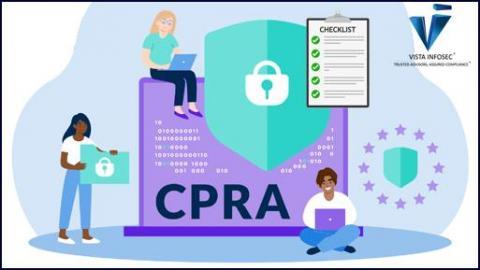PCI DSS Compliance in Healthcare
Data security has become an essential aspect of our lives and is more crucial than ever before. In the healthcare industry, organizations are entrusted with a plethora of sensitive information, including PHI, PII, and financial data. This renders them accountable for complying with both HIPAA and PCI regulations. Adherence to these regulations is paramount for safeguarding sensitive patient information from data breaches and cyber attacks.


